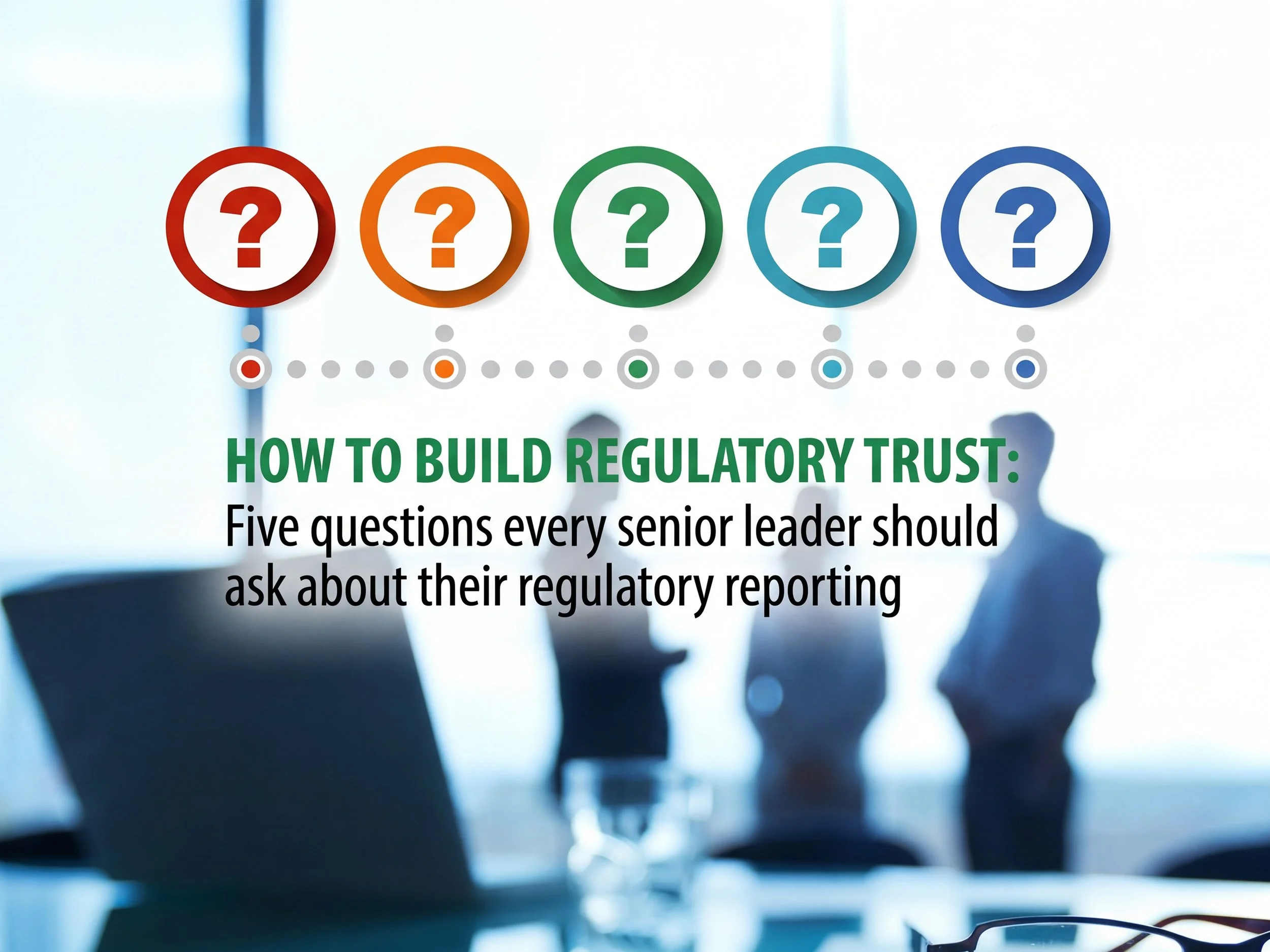CPS 230 Third-Party & Outsourcing Risk Management: Resilience Across Your Supply Chain
Understanding Third-Party & Outsourcing Expectations
Under Australia’s operational resilience settings, third-party and outsourcing arrangements must be governed with the same discipline as in-house operations. For APRA-regulated entities, CPS 230 elevates expectations around identifying critical operations, mapping dependencies, setting contractual controls, and proving that service providers can meet resilience requirements. The goal is simple: ensure customers are protected and essential services continue, even when incidents occur outside your four walls.
Why It Matters
Modern financial services rely on a web of vendors, cloud platforms, payment processors, data providers, and managed service partners. When any link fails, the operational, regulatory, and reputational impact lands on you. Strong outsourcing governance prevents disruption, reduces regulatory exposure, and gives boards confidence that resilience extends across the value chain.
Key implications for firms include:
Clear ownership and accountability for each critical outsourced service.
Contractual obligations covering resilience, security, reporting, audit rights, notification, and exit.
Ongoing assurance via testing, performance/incident MI, and independent reviews.
Concentration risk awareness (single points of failure, geographic and vendor reliance).
Integrated incident response so providers escalate fast and coordinate remediation.
Key Challenges Facing Firms
Building a reliable inventory of services, data flows and dependencies across business units.
Translating policy into pragmatic controls that vendors can implement and evidence.
Managing cloud and fourth-party risks with transparency on sub-processors.
Designing KPIs/KRIs and dashboards that surface deterioration before outages occur.
Exercising exit and contingency plans without business disruption.
Aligning third-party oversight with CPS 234 (information security), privacy/NDB, DDO and breach reporting.
How OCG Can Help
Oceanic Consulting Group (OCG) helps institutions design and embed third-party risk frameworks that are practical, defensible and scalable.
Our services include:
Third-party risk framework design (policies, standards, segmentation, RACI).
Criticality assessment & mapping of services, data and operational dependencies.
Contract playbooks (resilience, security, audit, notification, reporting, exit).
Assurance & testing (table-tops, failovers, BC/DR validation, penetration/controls reviews).
MI & dashboarding for board/executive oversight, including concentration risk views.
Remediation & uplift programmes, and vendor management operating model enablement.
FAQs
What makes an arrangement “critical”?
If its failure would materially impact customers, financial markets, or your ability to provide essential services, treat it as critical and apply enhanced controls and assurance.
How do cloud and fourth-party risks fit in?
Cloud providers and their sub-processors must meet your resilience and security standards; contracts and oversight need to extend down the chain.
Do we need to test exit plans?
Yes, contingency and exit arrangements should be practical and periodically exercised to prove continuity.
Strengthen Your Third-Party Resilience
Work with OCG’s Outsourcing & Operational Resilience Specialists
Extend resilience beyond your perimeter. Contact OCG to embed a CPS 230-aligned third-party framework, ensuring clear ownership, robust contracts, ongoing assurance, and actionable MI, so critical services remain reliable under stress.









